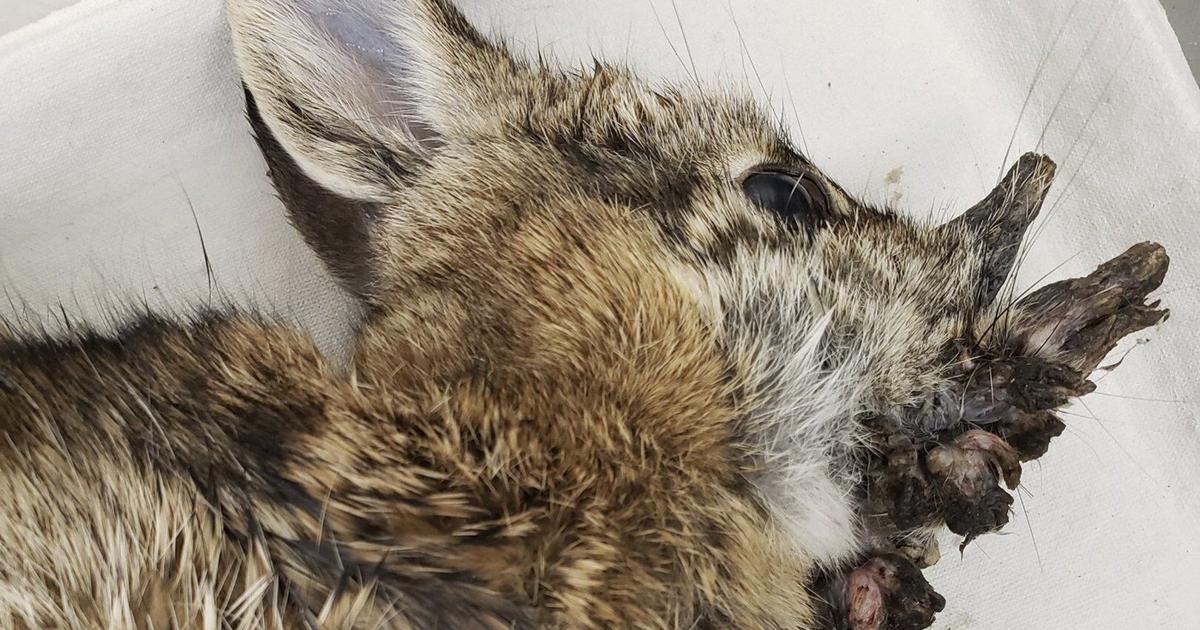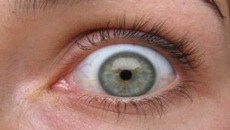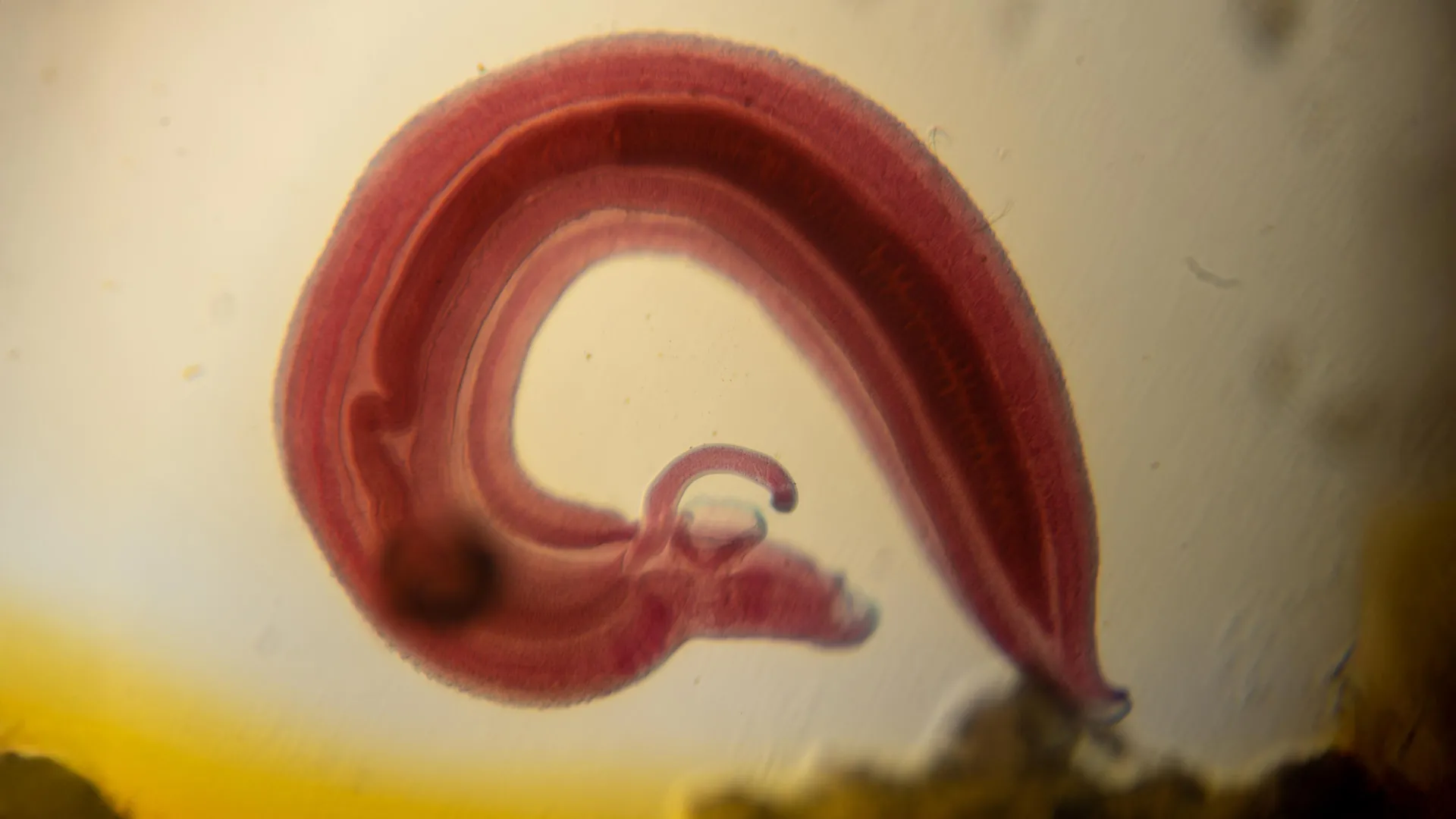The Shocking Truth Behind the 'Frankenstein' Bunnies Spreading in the U.S. – What You Need to Know!

Imagine stumbling upon a rabbit that looks like it just hopped off a horror movie set—strange, right? Well, that’s the reality for some residents in Fort Collins, Colorado, where a bizarre virus is transforming adorable cottontail rabbits into what locals are dubbing 'Frankenstein bunnies'.
Rabbits have long been cherished as pets, with the American Veterinary Medical Association reporting that 1.5 million households in the U.S. welcomed these furry companions into their lives. However, recent alarming developments have led some experts to advise against adopting new rabbits for the time being. Why? Because a rapidly spreading virus is causing these cute creatures to sprout unsightly black, tentacle-like growths on their heads, raising serious health concerns.
This unsettling phenomenon, referred to as 'bunny blight', is attributed to the cottontail papilloma virus (CRPV), also known as Shope papilloma virus. It leads to the development of tumors around the rabbits' heads, creating a grotesque appearance. Residents like Susan Mansfield have reported some shocking encounters, including a rabbit with what she described as “black quills or black toothpicks sticking out all around his or her mouth.” Susan thought the rabbit would perish during winter, but instead, it returned with even more growth the following year.
Experts explain that the virus is primarily transmitted by parasite ticks and fleas, which bite the rabbits and pass on the infection. “Typically rabbits become infected in the warmer months of summer,” explains Kara Van Hoose, a spokesperson for Colorado Parks and Wildlife. The disease has become more prevalent in Colorado, but it’s also common in the Midwest, where a Minnesota resident made headlines back in 2013 after posting a video of a similarly afflicted rabbit that he dubbed the 'Frankenstein' bunny, likening it to the mythical Jackalope.
In light of these disturbing developments, wildlife experts are urging the public to steer clear of these mutated rabbits and avoid touching any that appear affected. Thankfully, the virus is not transmissible to humans, but pet owners should remain vigilant, as the disease can be particularly severe in domestic rabbits, leading to squamous cell carcinoma—a dangerous and often fatal skin cancer.

















